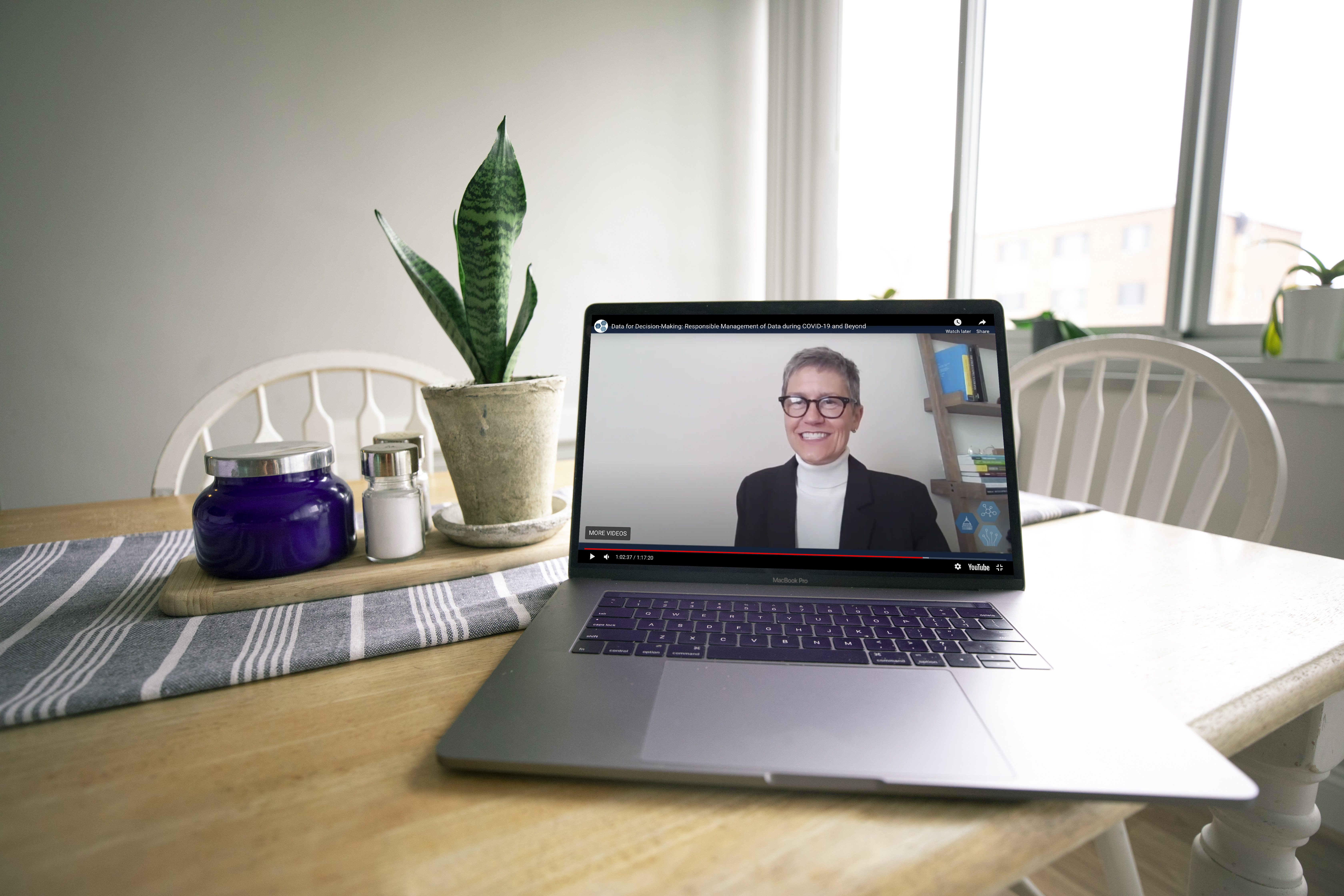Hooked on public good
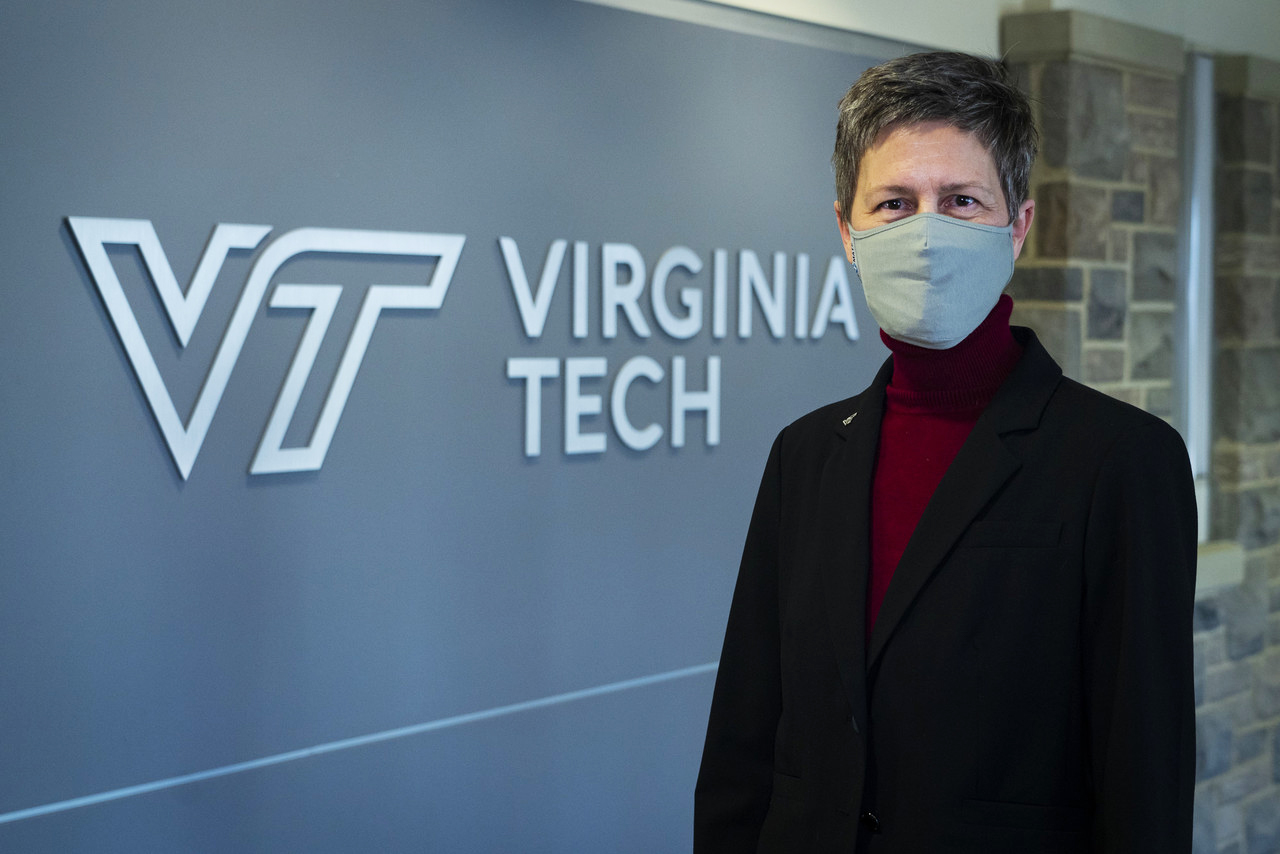
Lisa M. Lee’s resume reveals why her expertise on contact tracing, public health surveillance, ethics, and other topics related to infectious diseases became highly sought after by members of the media reporting on COVID-19.
She spent more than a decade working as an epidemiologist for the Centers for Disease Control and Prevention.
When President Barack Obama’s bioethics commission was looking in 2011 for an executive director with a mix of training in science and ethics ,she embraced the opportunity.
Just before coming to Virginia Tech, Lee worked as a U.S. Army civilian employee, serving as the first chief of bioethics at the Walter Reed Army Institute of Research.
Now, as Virginia Tech’s associate vice president for research and innovation, with a faculty appointment in the Department of Population Health Sciences, Lee has been quoted more than 1,800 times by broadcast, print, and online news outlets based in more than 35 countries on COVID-19 related topics since March 2020.
While all of her work experiences shaped her thinking, Lee said lessons she learned during the AIDS epidemic in the 1980s — “when no one knew anything about HIV or what the heck was going on’’ — remind her of the early days of the COVID-19 pandemic.
Soon after, Lee began working as an epidemiologist, conducting contact tracing and outreach services with people newly diagnosed with HIV during the time when no HIV treatment existed. Lee had the painstaking job of telling young, otherwise healthy people that they were very likely going to die. It was heart-wrenching.
“Many young men — at that time most HIV cases were among men — demonstrated such courage and strength in the face of oppressive stigma and injustice; they inspired me. It didn’t take long for me to start wondering about whether we — medicine and public health professionals — were doing enough. I wondered about what we should be doing.”
It was this pivotal stage in her journey that Lee gravitated to the field of ethics.
For Lee, moving the needle on social justice is a big part of ethics — thinking not only about what public health can do to prevent disease and illness, but what and how it should do it.
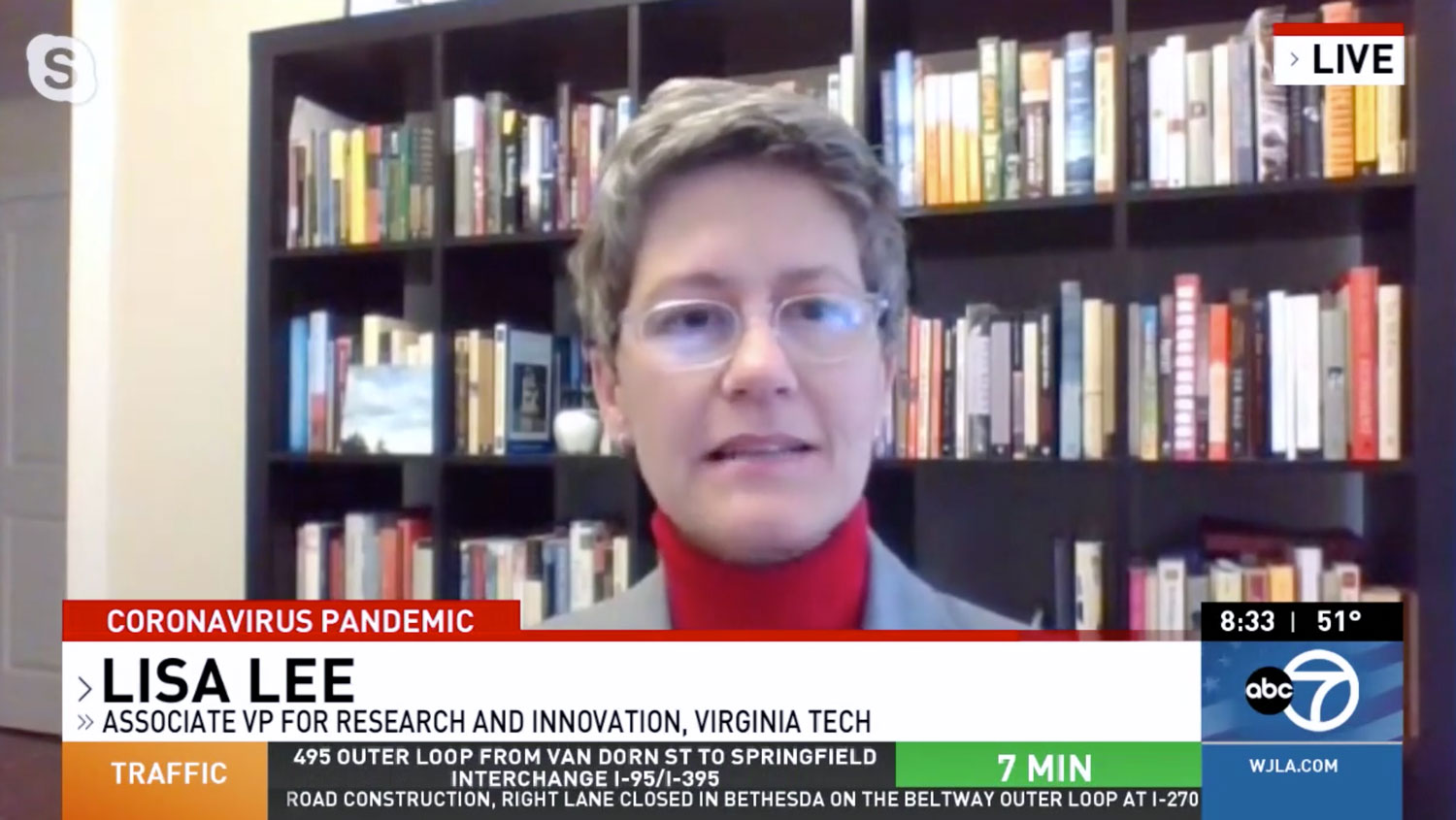
In her own words
On her chosen field
Public health was an excellent match for me because it is a field steeped in social justice. Health threats affect everyone, but some of us experience them more harshly, not because of our biology, but because of the social systems that put us far behind the start line.
I started working in public health before I even knew what it was. And, public health and ethics are such a good fit. I have loved being a part of this profession. Even when it is hard. Even when I’ve been discouraged. Even when we are asked to do impossible things with too few resources. Even then, I find the field optimistic and effective.
My early work focused on the epidemiology of infectious disease — specifically HIV, tuberculosis, sexually transmitted diseases. As you might imagine, there are countless ethical issues around these topics. I began publishing in ethics when I started doing work related to the conflicts between data privacy and the need for public health to have accurate data to prevent disease and death. This is not an issue just in the United States. I’ve worked with the World Health Organization and other international groups to develop guidance for public health agencies across the globe about how to approach the ethical collection, storage, and use of personal data for public health benefit.
On COVID-19 personal best practices
As a public health professional, I must walk the walk. But also, personally reducing risk of exposure to SARS-CoV-2 is a top priority for me. Although I am healthy, I do not want to risk getting COVID-19 myself, but more importantly because I interact with older family members with underlying conditions and I do not want to risk transmitting it to them. These two goals — protecting myself and protecting those around me — are the reasons I stay home except for absolute necessities, always wear a mask when I go out, keep 6 feet from anyone who is not in my pandemic pod, practice lots of hand hygiene, and will get the vaccine as soon as I am eligible.
On herd immunity, vaccine distribution, and the 'new next normal'
The vaccine will move us closer to our new normal, but it will take time for us to achieve the level of population immunity required to allow us to return to our normal activities. This level, called "herd immunity" or "community immunity" happens when 75-85 percent of the population has immunity to the virus. And the safest way to get there is through vaccination.
Achieving herd immunity will take time; some estimates are as long as the end of this year or even the middle to end of 2022. Two things make me optimistic: the first is that I suspect we will get faster at distributing vaccines over the next couple of months. And, second, there are additional vaccines in the pipeline that, if approved, will help us with some of the distribution challenges such as having to keep the doses at super-cold temperatures and the need for two doses.
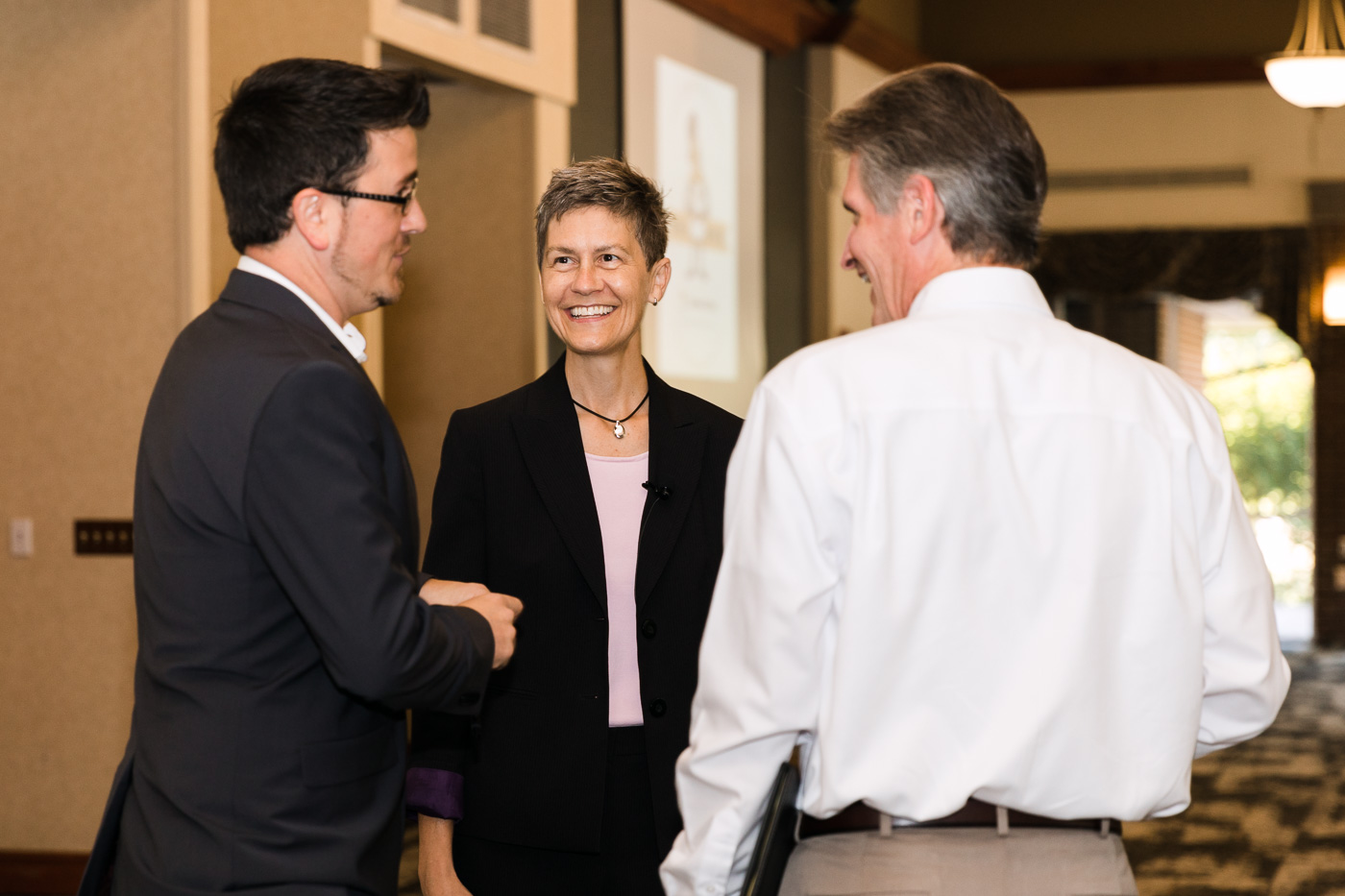
On the need for international cooperation
There is a saying in public health, "vaccines do not prevent disease, vaccination does." We have the hard (and costly) work of producing enough vaccine doses for everyone, distributing the doses to every corner of the country, and ensuring that everyone who can take the vaccine gets the vaccine.
We also have to think about the rest of the globe. One clear lesson from COVID-19 is that the health of one person on the planet has an impact on the health of everyone else. It takes a single person getting on a flight from the other side of the world, bringing with them whatever they have been unfortunate enough to contract. Plans to distribute COVID-19 vaccines must include a clear path to getting them to all countries around the world.
My hope is that when the vaccine is fully distributed, it will help bring us together as a nation at the time when we so desperately need unity. It is exceedingly unfortunate that this virus has forced us to increase distance between each other when what we most need right now is to reach toward each other, find common ground in our humanity, and work together to solve some of the biggest challenges we have witnessed in our lifetime.
On vaccine safety
The two vaccines that have been authorized for use in the U.S. have a strong safety profile. The side effects we are seeing are consistent with other vaccines. In a small percentage of people we see soreness at the injection site, allergic reactions, fever or tiredness for a day or two following injection. All of these side effects can be successfully managed and do not cause long-term problems. The CDC and Food and Drug Administration track side effects of all vaccines, and will do this very carefully for the COVID-19 vaccines as well.
On valuable lessons learned
The COVID-19 pandemic has illuminated a number of important things about our public health system — some positive and some negative. On the positive side, we have seen the widespread adoption of public health mitigation strategies, such as physical distance and face coverings. We have seen health care workers go to the ends of the Earth to care for patients, themselves, and the community. These heroes inspire me.
Unfortunately, we’ve also seen the impact of decades of funding neglect on the U.S. public health infrastructure. Failures at all levels — federal, state, and local — are in large part the result of dramatic reductions in funding for CDC and for state and local public health departments. In this country, over $3 trillion a year is spent on health care, but less than 3 percent of that is allocated for the kind of work public health does — preventing morbidity and reducing the need for more intrusive medical interventions. Preventing a heart attack, for example, is a much better deal for everyone than caring for someone after they have one.
Underinvestment in public health infrastructure — the people and systems that we need to identify, prevent, and respond to public health threats — has left us unable to fill over 55,000 public health jobs. The U.S. doesn't have the money to hire the experts needed. This is especially challenging for public health because we often serve as a provider of last resort for millions of underrepresented and uninsured people who shoulder the brunt of systemic racism and unjust wealth distribution in this country. We continue to ask public health to do more with less, to prevent chronic illnesses, and to prepare for and prevent infectious diseases. Ensuring nothing happens is not free; we must invest in the basic public health infrastructure, ensuring that it can do what we ask of it.
On her CDC role
After earning my Ph.D. from Johns Hopkins University, I packed up my little car and moved to Atlanta to start what ended up being an incredible 14-year career at CDC. I worked with some of the most amazing public health professionals in the world — people whose work I had read in public health school and admired for years. And I was lucky enough to have a few of them mentor me and provide opportunities for me to grow into a leader.
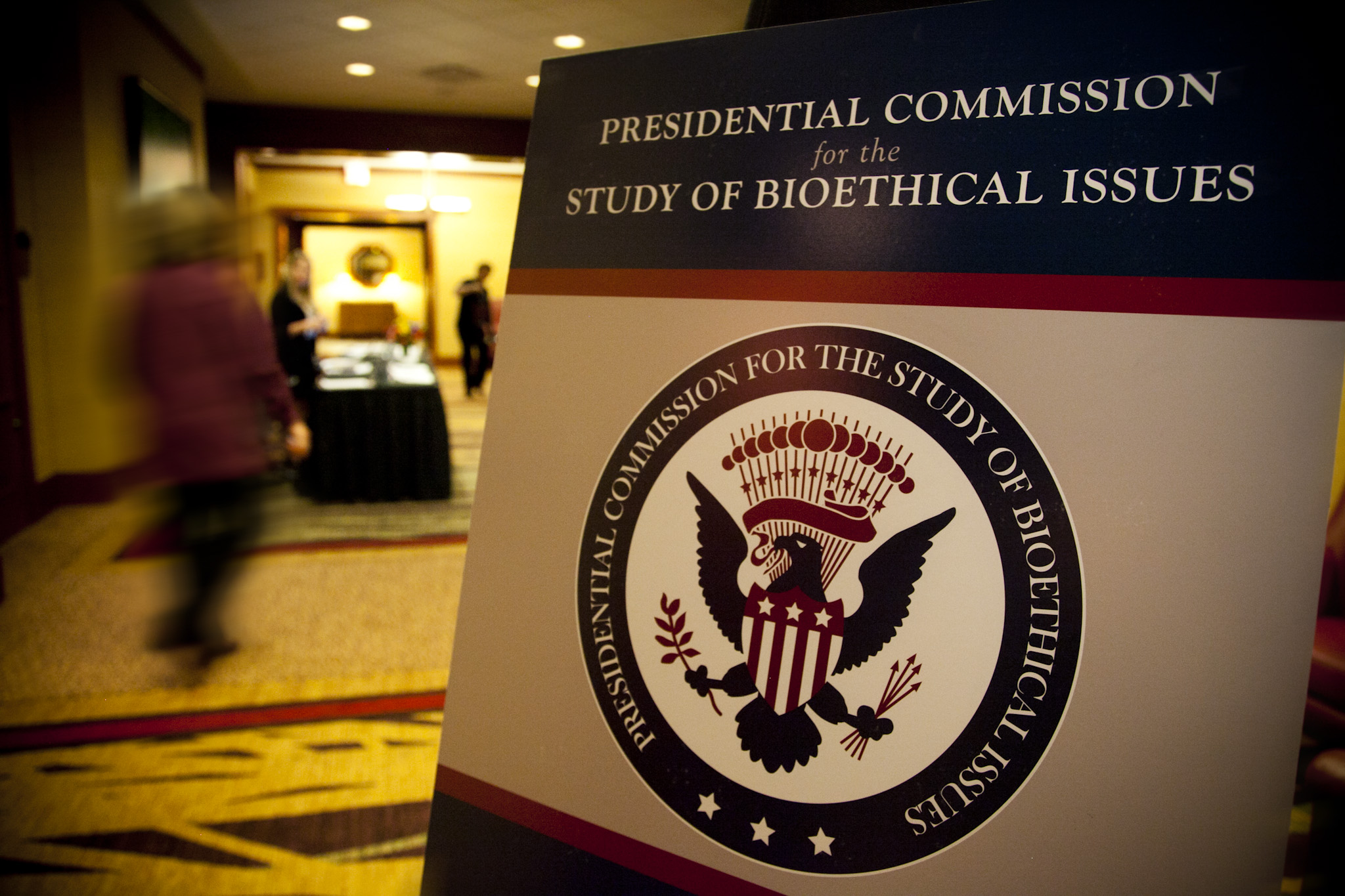
On her Obama administration experience
Working with President Obama’s bioethics commission was an amazing professional experience. Observing the commission’s chair, Amy Gutmann, president of the University of Pennsylvania, and other members of the committee was to watch some of America’s best thinkers find a way forward through the most ethically challenging issues of our time. Leading the multidisciplinary group that supported their work was an honor.
On her Virginia Tech role
Because I work both in administration and as a faculty member in the Department of Population Health Sciences, I spend time at all levels of the university, thinking about both the details and the big picture. I lead a team of 20 research ethics and compliance professionals who work closely with researchers to ensure that we meet our ethical obligations to promote integrity and maintain objectivity in all aspects of research, protect research subjects, keep our laboratory personnel and surroundings safe, and protect and share as appropriate the research data we generate.
I also teach and mentor students. This semester I am teaching a public health ethics course with Dr. Pam Teaster, which I love. I’ve recently gotten involved with Virginia Tech’s first-generation team, which is led by Dr. Charmaine Troy. I serve as a mentor for students who, like me, are the first in their family to attend college. The courage of these students inspires me and reminds me how much I appreciate the handful of people who helped me find my way when I first walked onto a college campus.
